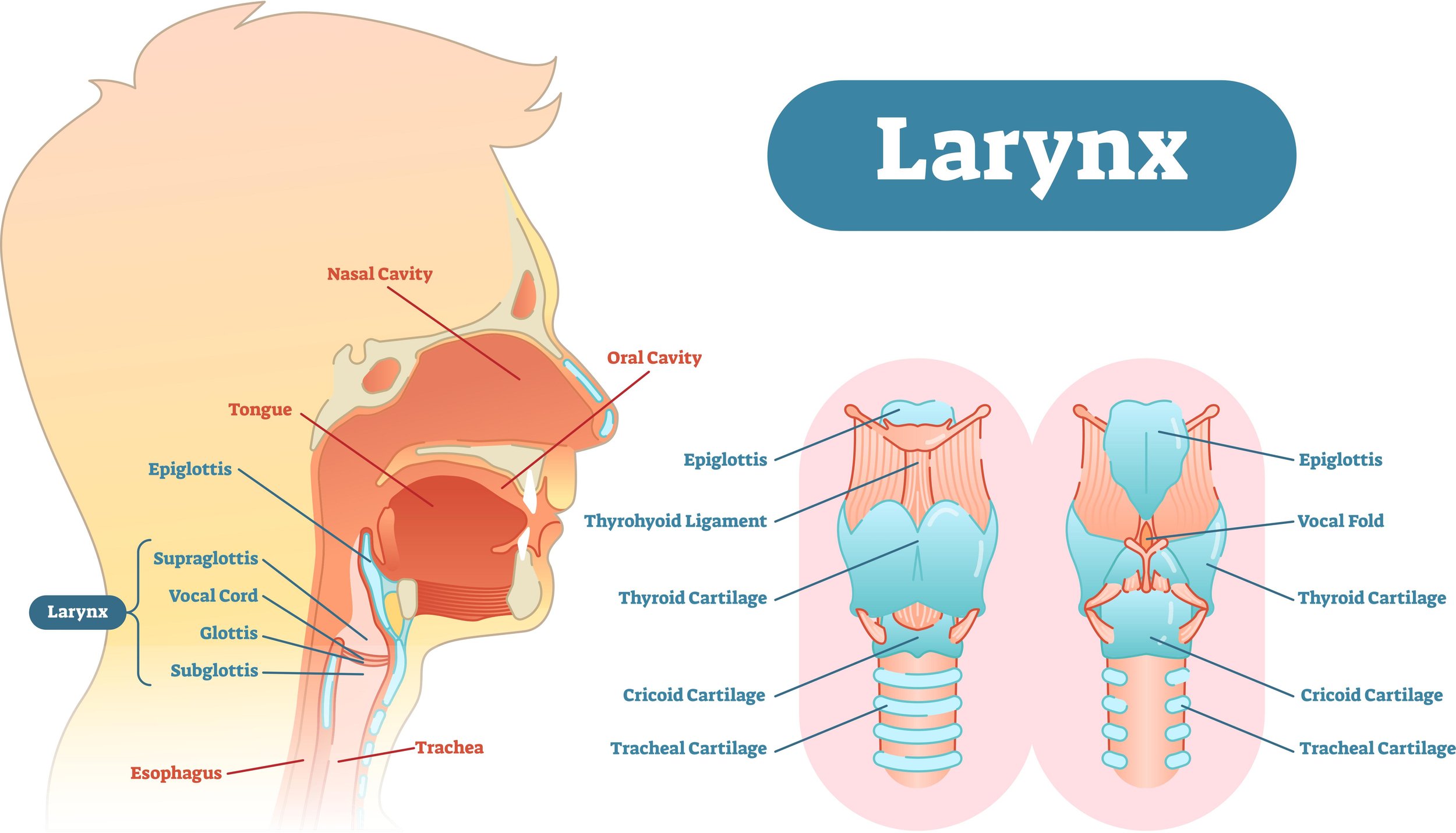Discovering Your Feminine Voice: What It Really Means and How to Get There
When you first embark on the journey of vocal feminization, the concept of finding "your own" feminine voice can seem elusive.
You might wonder what this phrase means and how you can achieve it, especially when you're still learning the basics of resonance, pitch, and vocal weight.
In this post, we'll unravel what finding your own voice entails, how long it might take, and why staying open to exploration is key to reaching your goal.
What Does "Finding Your Own Voice" Mean?
At its core, finding "your own" voice is about more than just achieving the right pitch or resonance. It's about discovering a vocal expression that feels authentic and true to you. Your voice is a unique reflection of your identity, personality, and emotions. It’s not merely about mimicking someone else’s voice; it’s about uncovering the voice that genuinely represents who you are.
When we talk about finding your voice, we're referring to a process of self-discovery and self-expression. This means embracing the qualities that make your voice distinct and allowing it to evolve in a way that feels natural and comfortable for you.
The Basics You Need to Know
Before diving into finding your own voice, it’s essential to understand the basics of vocal feminization. Key elements include:
Resonance: The way your voice vibrates within your vocal tract and how you can adjust it to create a more feminine sound.
Pitch: The frequency of your voice, which often needs to be adjusted to achieve a higher pitch associated with a feminine voice.
Intonation: How your pitch moves up and down to show emotion, which can be an indicator of gender in the voice.
Vocal Weight: The heaviness or lightness of your voice, which can affect how your voice is perceived.
Mastering these basics forms the foundation for developing a voice that is not only technically feminine but also feels personal and authentic. Think of these elements as the building blocks that will support your journey toward finding your unique feminine voice.
The Journey to Finding Your Voice
Once you have gotten a good handle on the basics of feminine voice training, you might still feel like your voice isn’t “your own”.
So what should you do then? Practice, practice, practice!
When you’re practicing the foundations, you will probably be practicing the same phrases and sentences over and over again. That can get a little stale and might feel unnatural after a while.
The more you use your voice conversationally, though, the more your personality will shine through.
Here’s some inspiration for keeping your practice sessions fun:
Play games
Make practice dates with a friend
Go on practice outings on your own
Go to a trivia night
The path to discovering your own voice is a journey, not a destination. Here’s what you can expect:
Timeframe Expectations: Finding your voice is a process that may take weeks, months, or years. Each person’s timeline can vary depending on factors like amount practice time or a background in voice study. Remember, there’s no set timeline—what matters is the progress you make and the personal growth you experience. Try not to compare your journey to others’. Everyone’s path will look different!
The Process of Exploration: Stay curious and open to experimenting with different techniques and styles. Vocal feminization is as much about exploration as it is about technique. The more you experiment, the more you’ll discover what works best for you.
Overcoming Common Challenges: It’s natural to encounter obstacles such as frustration, self-doubt, or impatience. These challenges are part of the journey. To stay motivated, remind yourself of your goals, celebrate small victories, and be kind to yourself through the ups and downs.
Staying Open and Embracing the Process
A crucial aspect of finding your own voice is maintaining an open mindset. Here’s why:
Mindset Matters: Adopting a growth mindset—believing that you can improve with effort and practice—will help you stay focused and resilient. Remember, the journey is as important as the destination.
The Role of Play and Experimentation: Allow yourself to play with your voice and explore different sounds. This experimentation can lead to surprising and delightful discoveries about your vocal potential.
Embracing Imperfection: Mistakes and imperfections are part of the learning process. Instead of viewing them as setbacks, see them as opportunities to refine your voice and grow.
Conclusion
Finding your own feminine voice is a deeply personal and evolving journey. By understanding what this means, mastering the basics, and staying open to exploration, you can make meaningful progress toward a voice that feels truly yours. Remember to be patient with yourself, embrace the process, and enjoy the journey of self-discovery.
If you’re ready to take the next step, consider joining our 8-Week Vocal Feminization Group Class or private lessons.
I’d love to support you on this exciting path!





















